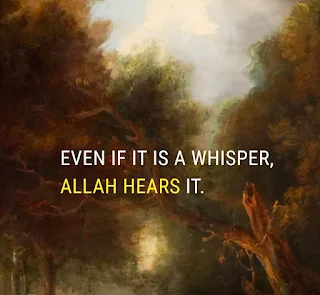The Messengers of Allah
Alhamdulillah Summa Alhamdulillah, I resume
my sermon on the subject I discussed last week regarding the creation of Adam
(as).
So, we see that just as the angels submitted to the will of Allah when He created Adam (as), and accepted His will as His law without finding within themselves the idea to revolt against Allah’s will, and where they [i.e. not just the messengers but the angels as well] said: ‘We have heard and obey,’ similarly, all souls, even before the creation of Adam (as), whom Allah had decreed to send to earth, all of them – including us – submitted to Allah’s will when Allah decreed our coming into this world, and where He placed us among the descendants of our ancestor Adam (as) who contained within him the divine essence. Therefore, the human race also bore witness that we would be obedient to Allah and submit to His will. We must be very aware that all prophets and messengers are also included, because we too (the Messengers) must believe in the Messengers who came before us. We have the duty to confirm the coming of the prophets and messengers before us, and we also announce the coming of the prophets after us, until the final limit of the end of the world where it is in Allah’s decision to destroy the earth and create other creations, because nothing is impossible in His power.






